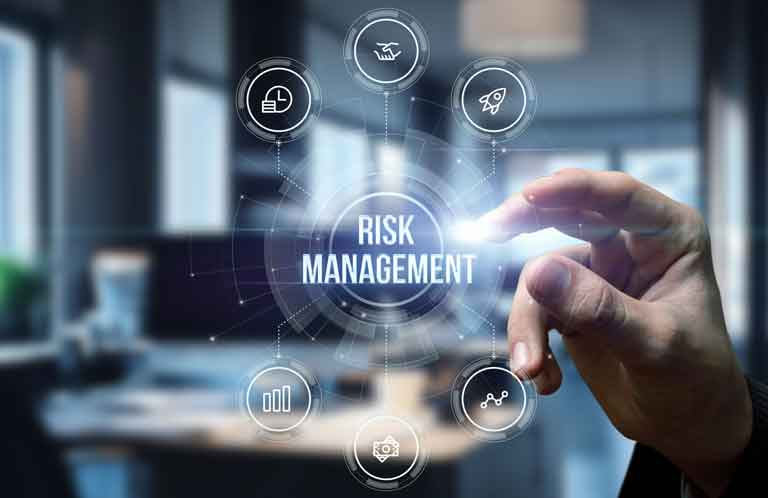Risk Management In Process Improvement: Integration Of Risk Management Practices Into The Process Improvement Initiatives

Where business processes are concerned, companies constantly work toward improvement to heighten efficiency, reduce costs, and maximize performance. However, the pursuit of process improvement is not without its challenges. Unanticipated risks can derail even the most well-thought-out initiatives. This shows the importance of integrating risk management in process improvement initiatives to identify and repair potential risks that may arise during implementation.
Understanding the Intersection: Process Improvement and Risk Management
Process improvement involves analyzing and enhancing existing processes to achieve better outcomes. Whether it’s streamlining workflows, reducing bottlenecks, or optimizing resource utilization, organizations invest considerable time and resources in these initiatives. Simultaneously, risk management aims to identify, assess, and address uncertainties that could impact organizational objectives. The intersection of process improvement and risk management is crucial, as improvements may introduce new elements of uncertainty.
Identifying Risks in Process Improvement Initiatives
Before getting into the integration of risk management practices, it’s necessary to review existing operating procedures. You must identify potential risks inherent in process improvement initiatives. Common risks include resistance to change, inadequate stakeholder involvement, technology integration challenges, and unforeseen consequences of process alterations. Without a proactive approach to risk identification, organizations may find themselves grappling with issues that could or should have been foreseen and addressed.
Integration of Risk Management Practices into Process Improvement Initiatives
The first step in integrating risk management is to systematically identify potential risks. This involves a thorough analysis of each stage of the process improvement initiative. By including key stakeholders, using historical data, and employing risk assessment tools, companies can create a full risk profile. This proactive approach sets the foundation for powerful risk mitigation.
Productive communication is absolutely necessary in risk management. Organizations need to involve stakeholders at every level. There must be a shared understanding of the initiative’s goals and potential risks. This not only creates a culture of risk awareness but also provides valuable insights from those directly impacted by the changes, from company leaders to basic staff and more. Regular communication channels, such as meetings and updates, keep stakeholders informed and involved throughout the process.
Risk Mitigation Strategies
Once risks are identified and assessed, the next big step is the development of mitigation strategies. These strategies should be tailored to the specific risks identified and may involve process redesign, training programs, or contingency plans. By dealing with risks at the planning stage, businesses can minimize the potential impact on the overall success of the process improvement initiative.
The integration of risk management is an ongoing process. Continuous monitoring of the initiative’s progress allows organizations to adapt their risk management strategies as needed. Early detection of emerging risks allows for timely intervention, preventing minor issues from escalating into major setbacks. Regular reviews and assessments help make sure that risk management remains a dynamic and responsive component of the overall improvement strategy.
Generating Success Through Integrated Risk Management
The integration of risk management practices into process improvement initiatives is not a mere add-on. Rather, it is a strategic imperative. By proactively identifying, assessing, and mitigating risks, companies can work through the complexities of process improvement with confidence. The synergy between process improvement and risk management provides an all-inclusive approach to organizational improvement, safeguarding against potential pitfalls.
Partner with MLC & Associates for Comprehensive Risk Management Solutions
As organizations begin process improvement, the need for strong risk management becomes evident. MLC & Associates, a leader in risk management consultancy, offers tailored solutions to address the unique challenges faced by organizations. With a proven track record of success, we supply businesses with the power they need to handle uncertainties and achieve sustainable process improvements that lead to cost reduction, innovation and growth, regulatory compliance, optimized performance, enhanced decision making, and stakeholder confidence.
Contact us to explore a range of services designed to integrate risk management easily into your process improvement initiatives. Guarantee the success of your efforts with the expertise and support of MLC & Associates – your trusted partner in risk management excellence.
